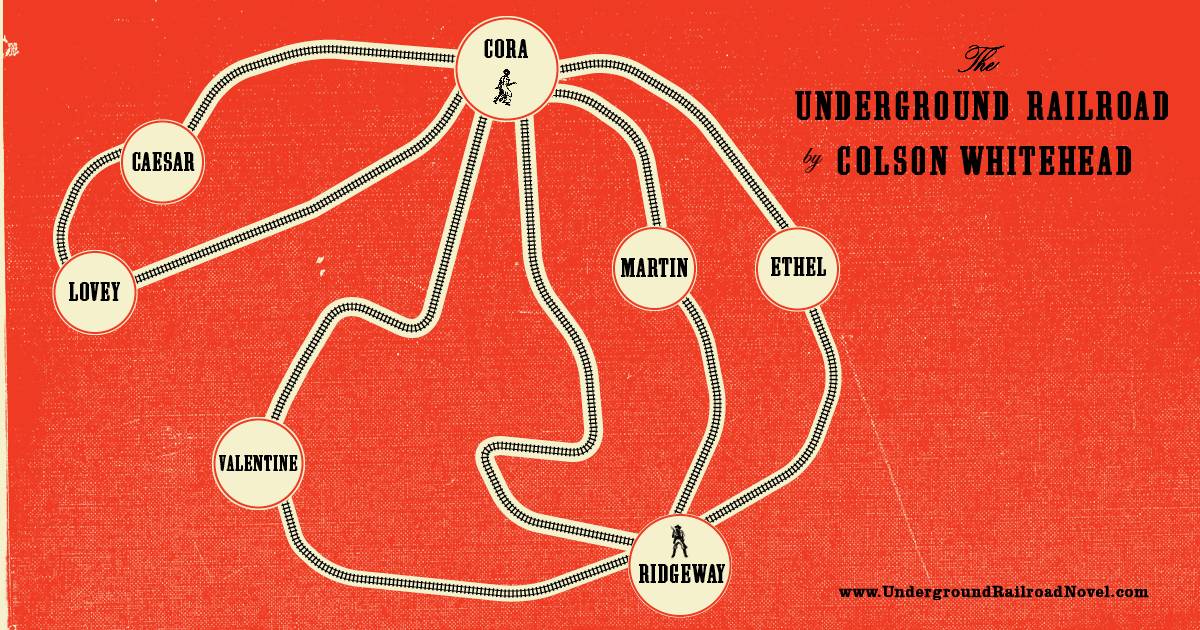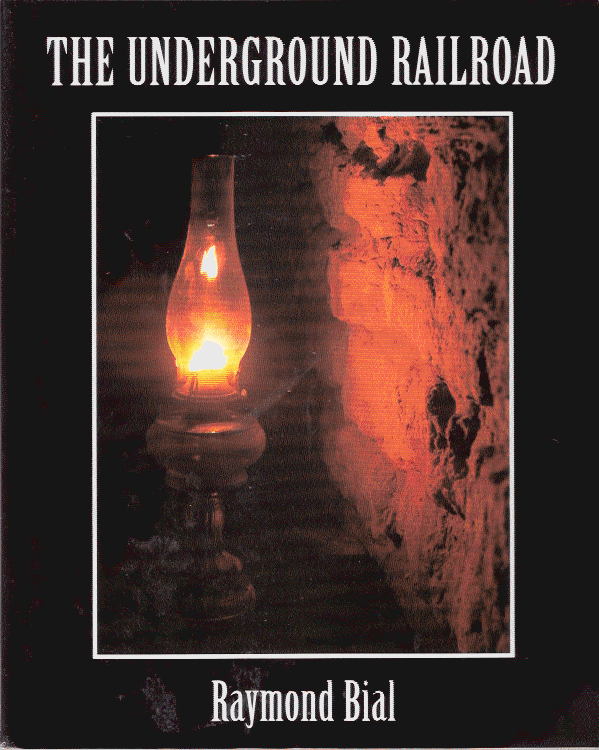



Some Underground Railroad operators based themselves in Canada and worked to help the arriving fugitives settle in. Meanwhile, Canada offered Black people the freedom to live where they wanted, sit on juries, run for public office and more, and efforts at extradition had largely failed. For an escaped person, the northern states were still considered a risk. This update created harsher penalties and set up a system of commissioners that promoted favoritism towards owners of enslaved people and led to some formerly enslaved people being recaptured. The Fugitive Slave Act of 1850 was designed to strengthen the previous law, which was felt by southern states to be inadequately enforced. Some Northern states tried to combat this with Personal Liberty Laws, which were struck down by the Supreme Court in 1842. The first act, passed in 1793, allowed local governments to apprehend and extradite escaped enslaved people from within the borders of free states back to their point of origin, and to punish anyone helping the fugitives. The reason many escapees headed for Canada was the Fugitive Slave Acts. By the 1840s, the term Underground Railroad was part of the American vernacular. Vigilance Committees-created to protect escaped enslaved people from bounty hunters in New York in 1835 and Philadelphia in 1838-soon expanded their activities to guide enslaved people on the run. In 1839, a Washington newspaper reported an escaped enslaved man named Jim had revealed, under torture, his plan to go north following an “underground railroad to Boston.” The earliest mention of the Underground Railroad came in 1831 when enslaved man Tice Davids escaped from Kentucky into Ohio and his owner blamed an “underground railroad” for helping Davids to freedom. The African Methodist Episcopal Church, established in 1816, was another proactive religious group helping fugitive enslaved people. At the same time, Quakers in North Carolina established abolitionist groups that laid the groundwork for routes and shelters for escapees. Hopper set up a network in Philadelphia that helped enslaved people on the run.

In the early 1800s, Quaker abolitionist Isaac T. George Washington complained in 1786 that Quakers had attempted to “liberate” one of his enslaved workers. The Quakers are considered the first organized group to actively help escaped enslaved people.


 0 kommentar(er)
0 kommentar(er)
